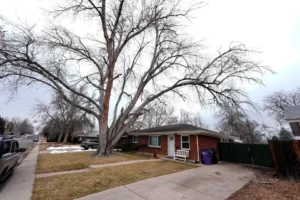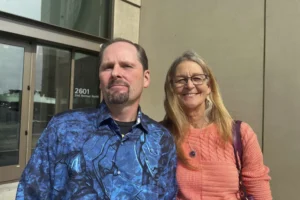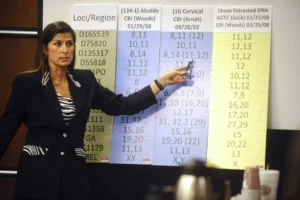Court Rules Lawsuit Against Teen Rehab Center Meets Class-Action Certification
Plaintiffs accuse Trinity Teen Solutions of abuse and child trafficking
- Published In: Criminal Justice
- Last Updated: Nov 10, 2023
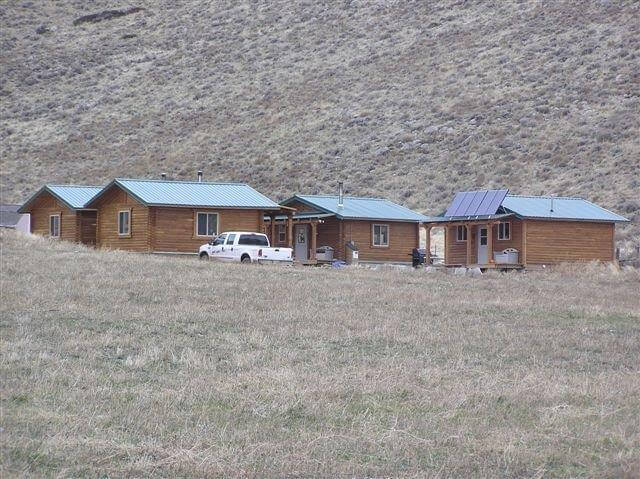
The lawsuit against Trinity Teen Solutions, which is described as a residential treatment facility for girls in Powell, meets class certification, according to a recent appellate court ruling. Ranch owners are being sued for allegedly abusing and human trafficking residents. (Courtesy photo from the Trinity Teen Solutions’ former website)
By Shen Wu Tan
Special to the Wyoming Truth
Plaintiffs who are suing a former teenage rehabilitation center for allegations of abuse and human trafficking scored a legal victory when the U.S. Court of Appeals for the Tenth Circuit vacated a district court’s order that denied them the opportunity to proceed as a class in their lawsuit.
The appellate court ruled last week that the district court applied the wrong legal principles when determining whether the case seeking remedies from Trinity Teen Solutions, a ranch in northwest Wyoming owned by Angie and Jerry Woodward that promised evidence-based treatment and therapy for troubled adolescent girls, met class certification.
The district court ruled the case should move forward as individual lawsuits, rather than allowing a trio of plaintiffs to represent a larger group of complainants. With the decision from the appellate court, the district court must re-evaluate whether the case can advance as a class-action lawsuit.
This type of lawsuit would allow the plaintiffs to obtain a “measure of justice” for every person exploited by the rehab center even if they don’t bring forward their own litigation, according to Brice Timmons, a civil rights attorney in Memphis, Tennessee, who represents the plaintiffs.

The plaintiffs are seeking financial retribution for psychological impacts from their stays at the ranch and punitive damages to halt the use of forced labor, Timmons noted. The amount of compensation cannot be determined until the court grants class certification.
The appellate court ruling found that the district court evaluated whether individualized inquiries would resolve plaintiffs’ claims instead of assessing whether the plaintiffs met class certification with at least one common question of law or fact.
“Thus, the district court applied the incorrect legal standard,” the ruling states.
In their lawsuit, filed in the U.S. District Court of Wyoming in November 2020, the plaintiffs allege the ranch in Powell forced them to work long hours without compensation, threatened them with food and sleep deprivation, imposed physical punishment and emotional abuse, such as being leashed to farm animals, and coerced them to partake in hard labor that included birthing livestock and repairing barbed wire fencing.
They filed an appeal in October 2022, following a district court judge’s decision to deny their motion for class certification. The plaintiffs then asked the Tenth Circuit Court to overturn the district court’s ruling, and in November 2022, they filed a motion to stay proceedings pending a decision about the appeal.
“The recent appeal victory carries a glimmer of hope for the survivors of abuse at the hands of the Woodwards,” Anna Gozun, one of the plaintiffs, told the Wyoming Truth. “Our overarching objective has always been to achieve a sense of justice, hope and validation for all survivors of Trinity Teen Solutions, extending beyond just the lead plaintiffs. This milestone marks a significant step in the right direction.”
Gozun was a resident at Trinity for six months in 2012. She and two other plaintiffs, Carlie Sherman and Amanda Nash, appealed the district court’s denial of class certification. Sherman participated in the ranch’s program twice—for a total of 31 months—from 2012 to 2015. Nash spent seven months in the program in 2015.
The class certification they proposed would cover residents of Trinity from Nov. 27, 2010 to present. Gozun, Nash and Sherman submitted declarations for themselves, as did 34 putative class members, recalling similar experiences in the program, in support of certification.
‘Derived immense profit’ from forced teen labor
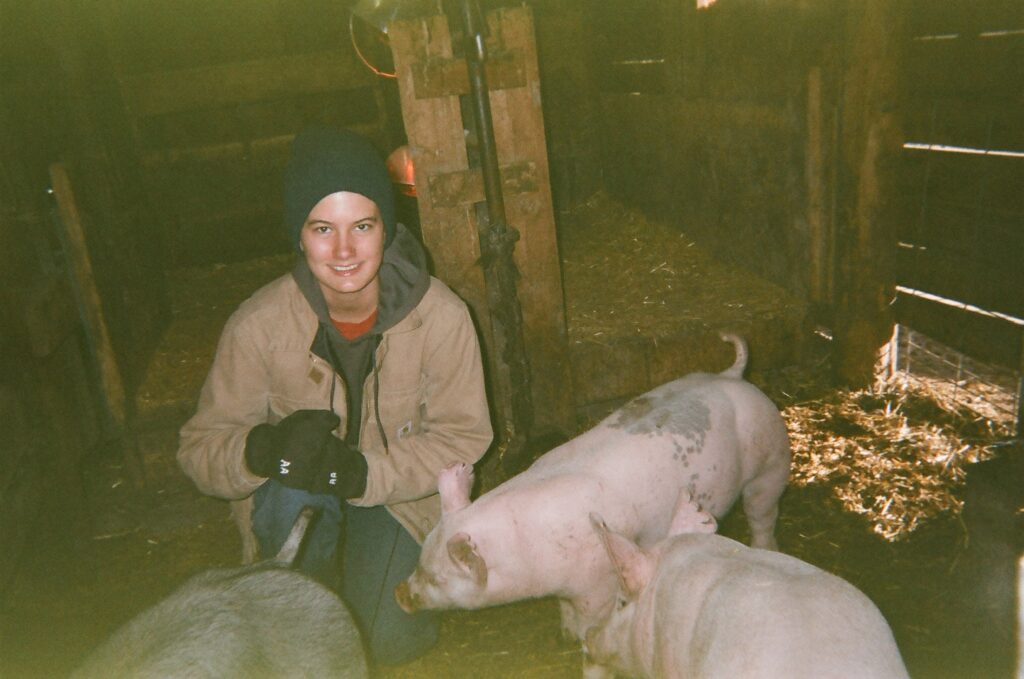
Every resident at Trinity was treated the same way, Timmons said, and, therefore, is entitled to the same statutory provisions against slavery, forced labor and child trafficking.
“We think we have absolute proof that they were all treated so similarly that these three really, really brave women who survived this should be able to represent all of them,” he said.
Over 200 girls and women possibly experienced abuse at Trinity Teen Solutions, Timmons previously told the Wyoming Truth. Around 100 were within the 10-year statute of limitations—roughly 80 of whom expressed interest in participating in the litigation, Timmons said.
“The troubled teen industry categorically has derived immense profit from putting children into forced labor – that’s not just this one place,” Timmons said. “The only way to hold these places accountable is through class-action lawsuits…. You can categorically say that child slavery is, on its face, illegal.”
Angie Woodward, director and co-owner of Trinity Teen Solutions, did not respond to multiple requests for comment from the Wyoming Truth, although she said last year the allegations of abuse have been “investigated and unsubstantiated.” The treatment center is listed online as permanently closed.
The Woodwards opened Trinity in 2002, advertising the treatment center as one that would challenge “young women to create healthier lives and make appropriate choices, which honor God, self and others,” per the appellate court’s ruling. Trinity’s handbook said it used a holistic approach, incorporating physical and spiritual exercises, therapy, education and work.
Although the center required a minimum 45-day stay, most residents typically stayed for a year to 18 months. Parents were required to sign consent forms, which described the nature of the program, before admitting their children at Trinity.
“I frankly do not see any way that this case could not be certified as class-action at this point with that instruction from the Tenth Circuit,” Timmons said. “But we will be happy to proceed on an individual, case-by-case basis with over 80 plaintiffs if that’s what the court wants to do.”

